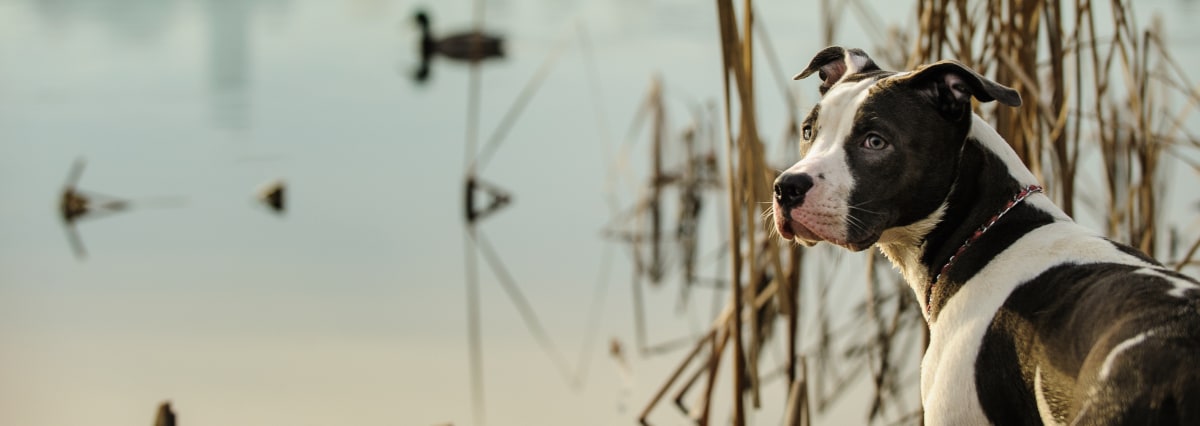
It's a big decision to spay or neuter your dog and you might be worried about the complications that could come from it. Rest assured the odds of a complication are very minimal, but here our Apple Valley vets discuss what you can expect from spaying/neutering your dog and the signs of complications or infection you should keep an eye out for.
What to Expect After Your Dog's Procedure
After the procedure, your dog may feel a little queasy or tired due to the anesthesia. However, this is a normal effect, and they will be given pain medications to alleviate any discomfort. It's also common for their appetite to decrease during the first 24 hours. To prevent them from licking the incision site, your pup will need to wear a cone. It's important that you don't bathe them or allow them to swim for at least 10-14 days and keep the incision site dry until it heals.
To ensure a speedy recovery, it's crucial to limit your dog's activity and make sure they get plenty of rest. Even if they seem eager to run or jump, it's important to restrict their movements as this can delay healing. This could mean keeping them in a crate or a small room away from any excitement.
It's worth noting that the procedure for spaying female dogs is more complex than neutering male dogs. However, recovery time for both should be roughly 10-14 days. To avoid complications, ensure their cone stays on, the incision site remains dry, and their activity is limited until they've fully recovered.
Signs of Infection and Complications
It's important to keep in mind that although complications after a spay/neuter procedure are rare, there is always a certain level of risk involved with any surgical procedure. This highlights the significance of carefully adhering to your veterinarian's post-operative care instructions. Failure to do so may prolong your dog's recovery period and potentially lead to other complications and infections. Some potential complications that may arise after a spay/neuter procedure include:
- Infection
- Anestetic complications
- Self-inflicted complications
- Poorly healed wound
- Scrotal bruising/swelling in males
- Incontinence problems
- Hernias in females
- Internal bleeding
- Ovarian remnants in females
Below are the signs of infection and complications you need to keep your eye out for:
- Lethargy for more than a couple of days
- Refusal to eat more than a couple of meals
- Signs of pain for longer than a week (shaking, hiding, drooling)
- Acute redness, swelling or bruising at the incision site
- Bleeding or pus from the incision site
- Vomiting or diarrhea longer than 24 hours after the procedure (some immediately after can be normal as a result of anesthesia)
- The incision site reopens
- A bad smell coming from the incision site
Your veterinarian will provide you with detailed information regarding the after-effects of the procedure, which may include minor swelling, lethargy, and vomiting soon after. In the event that you notice any signs of complications in your furry friend, it is crucial to immediately contact your vet for prompt medical attention.

